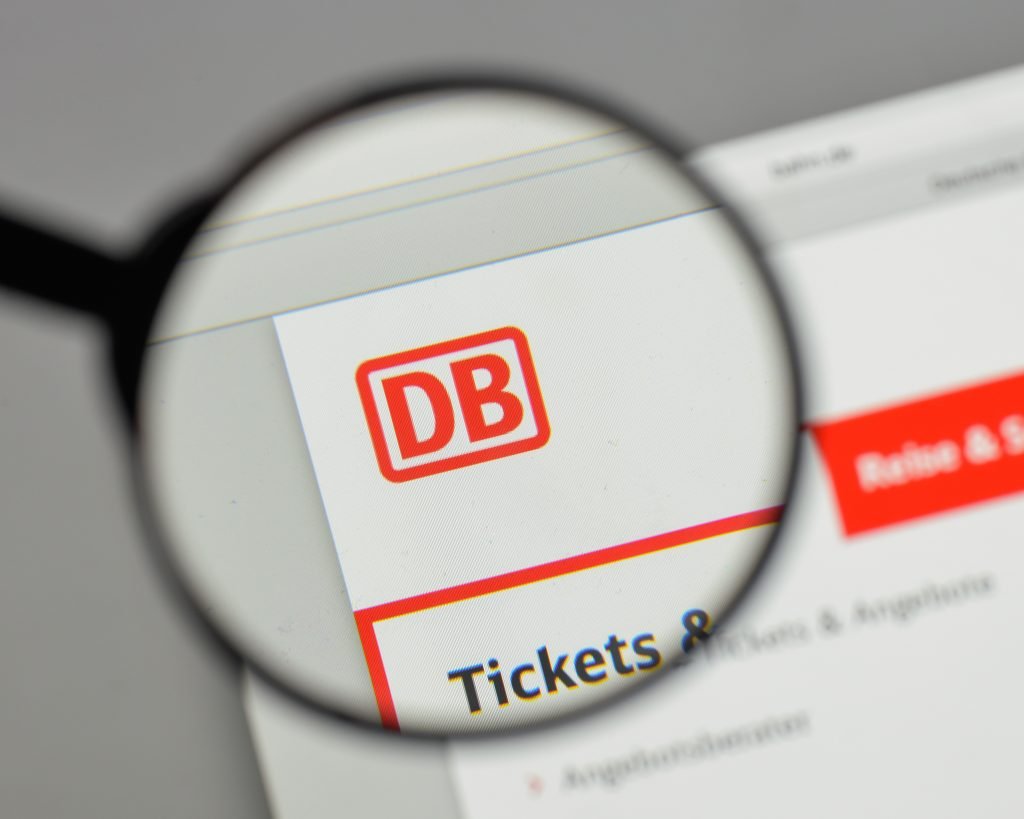In the future, diesel and shunting locomotives from DB Cargo will be able to cover the last mile of supply chains without CO2 emissions using fuel produced in a climate neutral way. With so-called HVO fuel, DB Cargo's diesel locomotive fleet can be operated without loss of performance, as extensive test series have now shown. With these biofuels, end-to-end climate-neutral supply chains are possible for DB Cargo customers.
Even today, each freight train saves our planet about 80 to 100 percent CO2 compared to road transport. DB Cargo, Europe's largest rail freight company, generates approximately 95 percent of its traction power electrically. The other train services are provided during shunting, in terminals and ports or when freight wagons are delivered to the DB Cargo customer's premises. There is now an almost completely CO3.000-free solution for this shunting service with freight trains of up to 2 tonnes.
"We have succeeded in completing the circle. We can easily run freight trains for our customers with alternative fuels and the existing locomotive fleet in a completely CO2-neutral way. At the same time, we are investing in new techniques and are going to convert the diesel locomotives to hybrid technology This allows us to offer our customers tailor-made climate-friendly supply chains - and ultimately to make the added value "Made in Germany" climate-neutral. Many customers have already told us that this is exactly what they are waiting for: sustainability, this is the new currency in the logistics, and we literally create that down to the last meter of the supply chain!”
Dr Sigrid Nikutta, DB board member for Freight Transport.
“The fact that we can make the existing fleet CO2-free with this new biofuel is another important step on the way to climate neutral rail. The climate neutral supply chain is becoming increasingly important for many companies and their customers. This is a great opportunity for rail, which must be seized now. It is an important signal for energy policy, especially in these times when we urgently need to reduce our dependence on fossil fuels.”
Michael Theurer, Parliamentary Undersecretary of State at the Federal Ministry for Digital Affairs and Transport.
Background to HVO fuel: Older, proven locomotives also work without restrictions with alternative fuels, without complex conversions. The focus is on biofuels, such as the so-called hydrotreated vegetable oil (HVO). This fuel is made from biological residues and waste. No additional growing areas are used for production that compete with food and feed products. The biofuel is also free of palm oil. During combustion in the engine, only the amount of CO2 is released that was previously extracted from the atmosphere during the growth of the plants, according to DB.
Photo above: Deutsche Bahn AG / Oliver Lang
Also read: First electric buses run on Ghent city line



